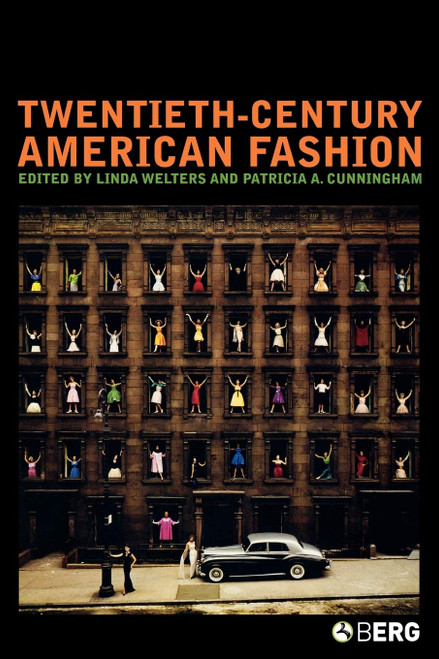Despite its long eclipse by Parisian couture, Italian fashion is now celebrated globally for the quality of its tailoring, fabric and design. But an Italian label was not always a yardstick for excellence. In the twenty years following the Second World War, a little known fact is that America played a key role in the development of Italy's fashion industry. More generally known is that the Marshall Plan had a formative influence on the financial and industrial reorganization of Italian postwar reconstruction. But America's specific influence on the regeneration of the Italian textile industry has been largely passed over, despite the meteoric rise of design houses such as Max Mara, Gucci and Prada.
However, while American interest was central to the industrial and stylistic expansion of Italian fashion, the lessons learned were combined with Italian ideas and energies to create fashions with a distinctly Italian edge. This book reveals that a deliberate effort went into the development of an Italian national identity in fashion design, partially in response to American interest. Drawing on a wide range of sources, notably the testimonies of key witnesses, contemporary media reports and surviving garments, this book contributes to the scant research on twentieth century Italian dress and specifically exposes for the first time the depth of American involvement in Italian fashion in a crucial phase of its development.










